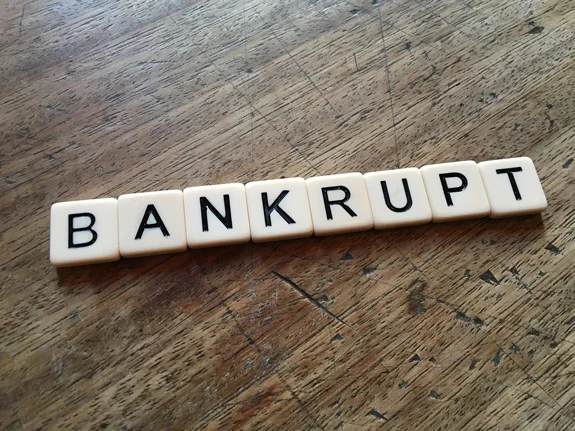Bankruptcy Mortgages Explained

Contrary to popular belief, bankruptcy will not necessarily count you out of the running for a mortgage. A history of bankruptcy on your file can create additional challenges, but it does not make qualifying for a mortgage impossible.
It is simply a matter of carefully considering the options in order to pair your requirements with an appropriate lender you can count on.
How soon after bankruptcy can you get a Mortgage?
In the immediate aftermath of declaring bankruptcy, qualifying for any kind of credit can be extremely difficult. Particularly when major banks and lenders are concerned, those who have recently been declared bankrupt are excluded from almost all lines of credit across the board.
Any history of bankruptcy in your financial history will appear on your credit file for a period of six years. During this period, you can expect to be scrutinised by the vast majority of mainstream lenders when applying for lines of credit. The more recent the bankruptcy, the lower the likelihood of qualifying for a loan.
If you are considering applying for a mortgage during this period, you will need to take your business to a specialised lender. Away from the UK High Street, there is an extensive network of flexible and accommodating specialists who welcome applicants with flawed credit histories. Even those with recent bankruptcies are not necessarily ruled out of contention. You can even use our UK mortgage calculator to work out the cost.
You may have recently been declared bankrupt, but you may also be in an extremely strong financial position with a provable source of income. Likewise, you may already own one or more properties, against which you may be able to secure a loan to access the funds you need.
Bankruptcy need not prevent you from qualifying for a mortgage, but it is essential to seek independent advice before applying. Consult with an independent broker to discuss the available options and choose an appropriate course of action.
What size deposit do you need?
With all types of ‘substandard’ finance, bigger deposits make it easier to qualify for a competitive loan. During the first couple of years following bankruptcy, you may be required to provide as much as 40% as a minimum down payment. Over the subsequent two to three years, this could fall to as little as 25% or even 15%.
If you declared bankruptcy six or more years ago, there is a good chance you will qualify for a mortgage with a deposit as low as 10% or even 5%. Though it is worth bearing in mind that the larger the deposit you provide, the more likely you are to be offered a competitive rate of interest and reduced overall borrowing costs,
Larger deposits often hold the key to not only qualifying for a poor-credit mortgage but also ensuring you access a competitive deal. If possible, it is therefore worth considering offering a down payment that exceeds the lender’s minimum requirement.
Which lenders offer bankruptcy mortgages?
On the UK High Street, the list of lenders that specialise in bankruptcy mortgages is relatively short. In fact, any evidence of bankruptcy whatsoever is likely to count you out of the running with the vast majority of mainstream lenders.
This is why it is important to set your sights beyond the usual high-street names if you are looking to get a good deal with a history of bankruptcy. With the help of an established independent broker, your requirements and financial position can be paired with an innovative and accommodating lender who specialises in post-bankruptcy mortgages.
By working with an independent specialist, you are far more likely to both qualify and be offered a competitive deal you can afford. Particularly if you are otherwise in a strong and consistent financial position, your history of bankruptcy may not be held against you.
Speak to an independent broker to arrange a whole-market mortgage comparison, including the specialist lenders you won’t find on any UK high street.
